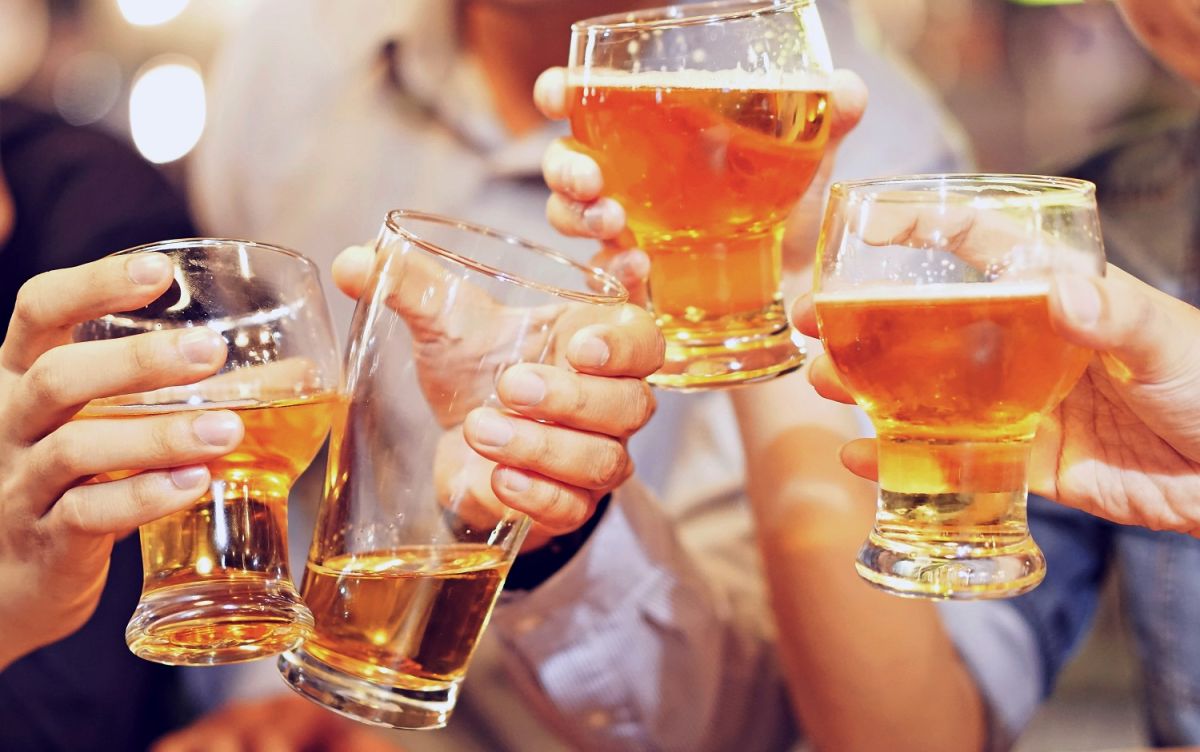Drinking too much alcohol can cause some people to suffer from hangover symptoms the next morning, these can vary from person to person. There are also those who assure that the consumption of alcohol does not cause a hangover, we will review what is the cause and also how to prevent or reduce the symptoms.
Among the most common symptoms of a hangover are: fatigue, weakness, thirst, headache, muscle aches, nausea, stomach pain, vertigo, sensitivity to light and sound, anxiety, irritability, sweating and increased blood pressure.
The symptoms of hangovers can last 24 hours or more. The person must wait for the body to finish eliminating the toxic byproducts of alcohol metabolism, to rehydrate, heal the irritated tissue and restore normal immune and brain activity.
“In general, the more alcohol a person drinks, the worse the hangover will be,” says the National Institute on Drug Abuse of Alcohol and Alcoholism (NIAAA).
Among the causes of hangover symptoms is exposure to acetaldehyde. When people consume alcohol, the liver converts ethanol into acetaldehyde, a toxic byproduct that contributes to inflammation of the liver, pancreas, brain, gastrointestinal tract, and other organs.
There are some people who Despite consuming alcohol, the next day they say they do not experience a hangover. The reason may be in the way they metabolize alcohol.
Certain enzymes help convert acetaldehyde to substances not toxic. Those liver enzymes may be more abundant in some people and less abundant in others, nutritionist Amy Shapiro, founder of Real Nutrition, tells Well and Good.
People with less abundant amounts of enzymes that help get rid of acetaldehyde may suffer hangover symptoms more intensely.
People who seem not to experience hangovers “are able to break down the by-products, genetically and metabolically, so that they are not affected the next day,” says Shapiro.
How to prevent or reduce hangover symptoms
1. Drink in moderation
The NIAAA states that the only way to avoid a hangover altogether is to not drink alcohol or to consume a minimal amount. Drink in moderation, for women it is no more than one drink and for men, no more than two.
2. Stay hydrated
Drink a glass of water before you start drinking, between drinks and again before bed. Likewise if you wake up during the night. This will keep you hydrated, help prevent bloating, tiredness, body and head aches and other symptoms.
3. Avoid darker colored alcoholic beverages
Harvard Health shares that experiments have shown that light spirits, such as vodka and gin, tend to cause hangovers less often than dark spirits, such as whiskey, red wine and tequila.
Darker spirits, such as bourbon, tend to have higher levels of congeners than light spirits.
4. Do not drink with the empty stomach
Food causes alcohol to be absorbed at a slower rate. Better if you consume carbohydrates such as pasta, bread or brown rice.
5. Choose a low degree of alcohol
Check the alcohol percentage of the drinks and choose the lowest number.
You can interest:
– ways in which alcohol affects your body
–Coffee does not help to “get down from drunkenness” or cure a hangover24 –Consuming 5 or more alcoholic beverages in less than 2 hours could be fatal
